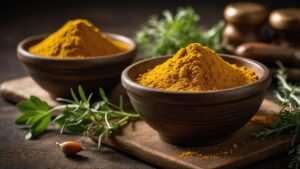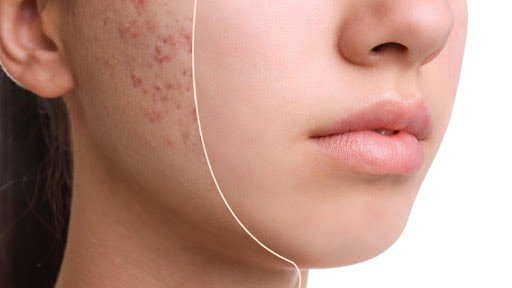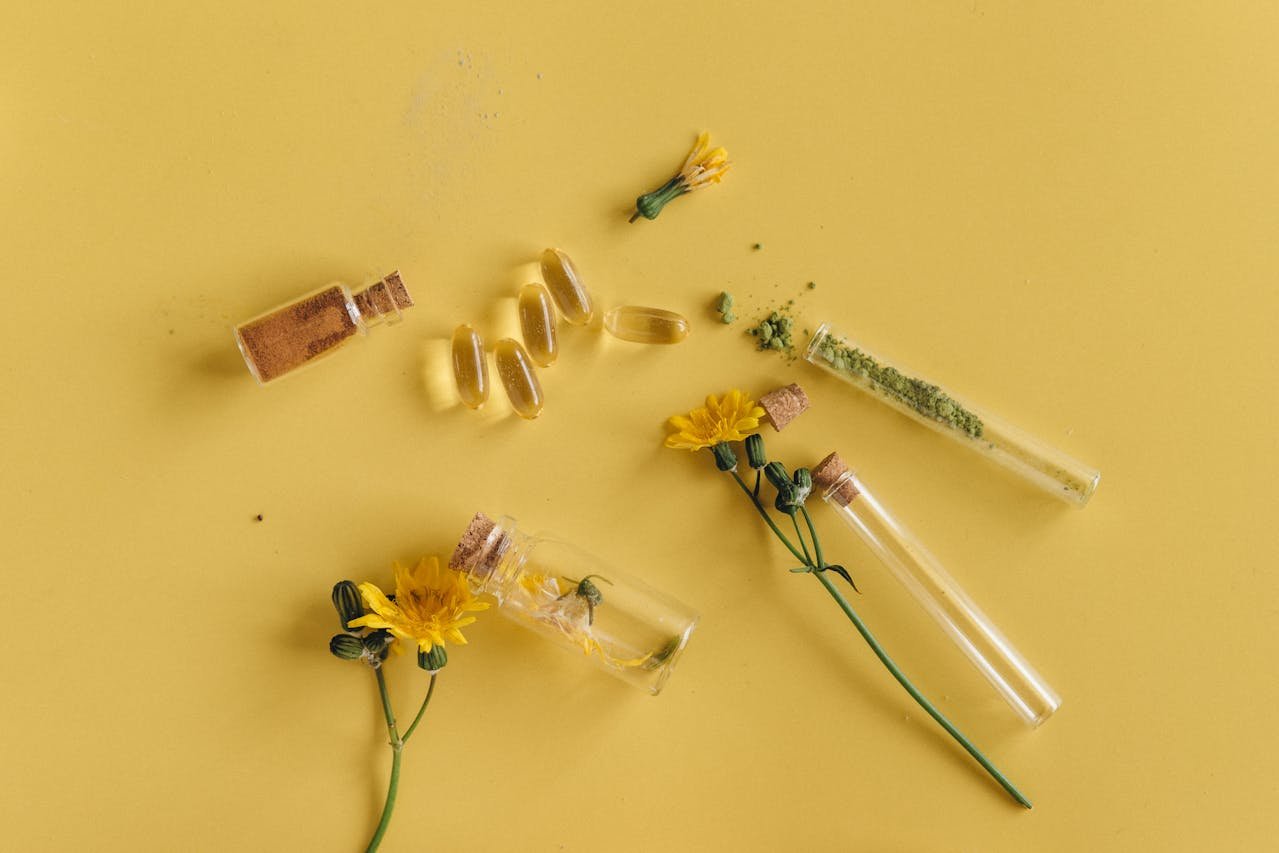
Acne can be a persistent and frustrating skin condition, but addressing it doesn’t have to involve harsh chemicals. Many turn to natural remedies to manage breakouts and prevent scarring. A DIY natural skincare routine is not only effective but also affordable and safe for sensitive, acne-prone skin. By using ingredients derived from nature, you can nourish your skin without the harmful side effects of synthetic products.
The key to success in treating acne naturally is consistency and choosing the right ingredients that match your skin’s needs. Natural skincare for acne involves simple, everyday ingredients that reduce inflammation, prevent clogged pores, and balance oil production. If you’ve struggled to find a skincare routine that works, switching to DIY acne skincare might be the solution. In this guide, we’ll dive into the best homemade remedies and routines for clear, healthy skin.
Let’s explore an effective DIY skincare regimen designed specifically for acne-prone skin, helping you harness the power of nature to soothe and heal. We’ll also discuss the science behind natural ingredients and their benefits for skin health.
Read Also:
- Why You Should Switch to Natural Sunscreens
- Best Natural Exfoliants: Guide to Brighter, Smoother Skin
- Plant-Based Ingredients in Skincare: Benefits & Insights
- The Ultimate DIY Natural Skincare Routine for Acne-Prone Skin
- Skincare Tips for Sensitive Skin: 7 Natural Remedies You Should Try
- Coconut Oil Skincare: A Natural Essential for Radiance
- DIY All-Natural Face Masks: The Ultimate Guide
- Natural Skincare vs. Chemical: Choosing the Best for You
- Aloe Vera in Skincare: Benefits for Radiant Skin
- Top 10 Essential Oils for Glowing, Healthy Skin
1. Cleanse Gently with Natural Ingredients
For acne-prone skin, a gentle yet effective cleanser is crucial. Cleansing removes dirt, oil, and makeup that can clog pores and cause breakouts, but it should not strip the skin of its natural oils. Over-cleansing or using harsh chemicals can trigger more oil production, worsening acne.
Honey and Aloe Vera Cleanser
Both honey and aloe vera are known for their soothing and antimicrobial properties. Honey, especially raw or Manuka honey, has natural antibacterial effects that help reduce acne-causing bacteria. Aloe vera, on the other hand, is excellent for calming irritated skin and reducing redness.
DIY Recipe:
- 2 tablespoons of raw honey
- 1 tablespoon of fresh aloe vera gel
Mix these ingredients into a smooth paste. Apply it to your face, massaging gently in circular motions for a minute. Rinse with warm water, and pat dry with a soft towel. The natural enzymes and vitamins in honey and aloe help balance the skin, making this cleanser ideal for acne-prone skin.
Oatmeal and Yogurt Exfoliating Cleanser
For gentle exfoliation, oatmeal works wonders by removing dead skin cells without being too harsh. Paired with yogurt, which contains lactic acid, it helps to gently exfoliate and cleanse your pores.
DIY Recipe:
- 1 tablespoon of ground oatmeal
- 1 tablespoon of plain yogurt
Mix these ingredients, apply to the skin, and leave it on for 5 minutes. Afterward, gently scrub the skin before rinsing off. Use this exfoliating cleanser 2-3 times a week for best results.
Benefits of Natural Cleansers
Cleansers made from natural ingredients are less likely to irritate acne-prone skin. They cleanse without stripping the skin’s natural moisture barrier, helping to maintain a healthy skin balance. Regular use can result in fewer breakouts, less redness, and smoother texture.
2. Tone to Balance Skin pH
Toners play an essential role in balancing your skin’s pH and tightening pores. A natural toner can also remove any residual impurities after cleansing and prepare the skin to absorb serums and moisturizers.
Apple Cider Vinegar Toner
Apple cider vinegar (ACV) is a popular choice for natural skincare because of its antimicrobial and pH-balancing properties. It can reduce the growth of acne-causing bacteria and balance the skin’s pH to prevent future breakouts.
DIY Recipe:
- 1 part apple cider vinegar
- 2 parts distilled water
Mix the ACV and water, and store it in a spray bottle. After cleansing, apply this toner to your face using a cotton pad, avoiding the eye area. For sensitive skin, use a more diluted solution to prevent irritation.
Green Tea Toner
Green tea is rich in antioxidants and anti-inflammatory properties, making it an excellent toner for acne-prone skin. It helps reduce swelling and soothes the skin, promoting healing. Additionally, it contains polyphenols that fight bacterial infections and reduce sebum production.
DIY Recipe:
- Brew a cup of green tea and let it cool
- Store in a spray bottle or apply with a cotton pad
Apply the green tea toner twice a day to keep your skin balanced and refreshed.
Benefits of Using Natural Toners
Natural toners help to remove excess oil without over-drying the skin. By balancing the skin’s pH and tightening pores, they create an environment less favorable for acne development. ACV and green tea, in particular, provide additional antioxidant protection, keeping your skin healthier in the long term.
3. Moisturize with Hydrating, Acne-Friendly Ingredients
Even acne-prone skin needs moisture. A common misconception is that oily or acne-prone skin should avoid moisturizers, but hydration is essential to prevent the skin from overproducing oil. Choose lightweight, non-comedogenic ingredients that hydrate without clogging pores.
Jojoba Oil and Rosehip Seed Oil Moisturizer
Jojoba oil mimics the skin’s natural sebum, helping to regulate oil production. Rosehip seed oil is rich in essential fatty acids and vitamins A and C, which promote skin regeneration and reduce acne scars.
DIY Recipe:
- 3 drops of jojoba oil
- 2 drops of rosehip seed oil
Gently massage this blend into your skin after toning. These oils are light, absorb quickly, and won’t leave a greasy residue. They’re ideal for acne-prone skin due to their anti-inflammatory properties.
Aloe Vera Gel Moisturizer
Aloe vera, packed with vitamins and minerals, is a fantastic natural moisturizer for acne-prone skin. It hydrates the skin without clogging pores, making it an excellent choice for oily or combination skin types.
DIY Recipe:
- Pure aloe vera gel (from the plant or store-bought)
Apply a thin layer of aloe vera gel all over your face and neck after cleansing and toning. Its light texture makes it perfect for use both day and night.
Benefits of Natural Moisturizers
Natural moisturizers maintain the skin’s moisture barrier without adding excess oil or triggering breakouts. By keeping the skin hydrated, you reduce the chance of overproduction of sebum, a common cause of acne. Oils like jojoba and rosehip also provide nutrients that speed up the healing process and fade scars.
4. Spot Treatments to Combat Active Breakouts
For those stubborn pimples, natural spot treatments can work wonders. These targeted remedies address inflammation and help reduce the size and severity of breakouts quickly.
Tea Tree Oil Spot Treatment
Tea tree oil is a potent natural remedy known for its antibacterial and anti-inflammatory properties. It penetrates the skin to unblock sebaceous glands, disinfect pores, and dry out whiteheads.
DIY Recipe:
- 1-2 drops of tea tree oil
- Mix with 1 teaspoon of carrier oil (such as coconut oil or jojoba oil)
Dab the mixture directly onto active breakouts using a cotton swab. Be sure to dilute tea tree oil, as applying it directly to the skin can cause irritation. Use it once or twice a day until the breakout subsides.
Aspirin and Honey Paste
Aspirin contains salicylic acid, which is a powerful acne-fighting ingredient. Combining it with honey’s soothing properties creates an effective spot treatment for inflamed pimples.
DIY Recipe:
- 1 crushed aspirin
- 1 teaspoon of honey
Mix the crushed aspirin with honey to form a paste, and apply it directly to the pimple. Leave it on for 10-15 minutes before rinsing off.
Benefits of Natural Spot Treatments
Using natural ingredients for spot treatment allows you to target acne without harsh chemicals. Tea tree oil and aspirin, in particular, can reduce swelling, kill bacteria, and promote faster healing of pimples, leading to clearer skin over time.
Conclusion
A natural skincare routine for acne-prone skin can be just as effective as conventional treatments, without the risks of irritation or harsh side effects. By harnessing the power of gentle, plant-based ingredients like honey, aloe vera, tea tree oil, and jojoba oil, you can cleanse, moisturize, and treat your skin in a way that supports long-term health.
Consistency is key when using natural remedies, as these solutions work gradually to heal and prevent breakouts. Incorporating these DIY acne skincare steps into your daily routine will not only help combat existing acne but also promote clearer, healthier skin for the future.









